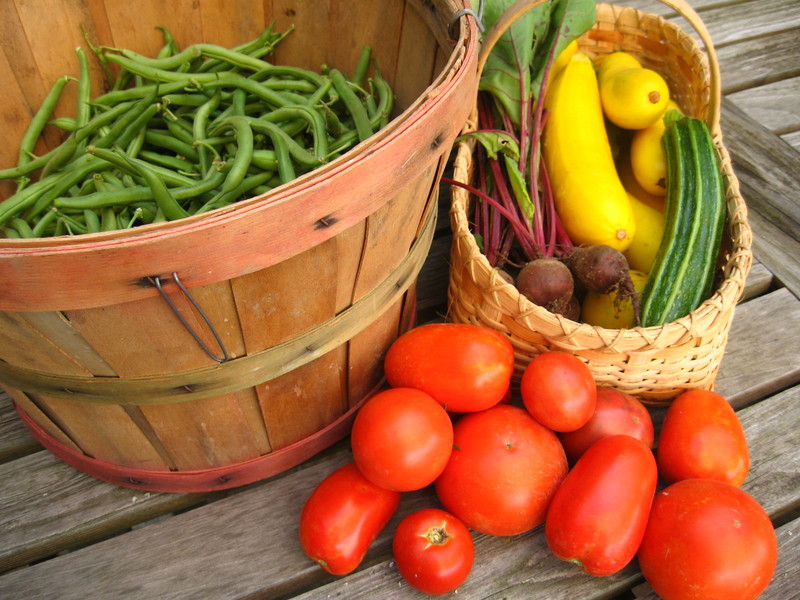
Women require greater amounts of certain nutrients as opposed to men since our bodies are more prone to changes that require large nutritional demand. Menstruation, pregnancy, lactation and menopause can lead to deficiencies that we are unable to detect, and could potentially damage our body in the long run. To avoid any of these problems, here’s a list of the important vitamins and minerals the female body requires to maintain a healthier body and to enjoy a vibrant well-being.
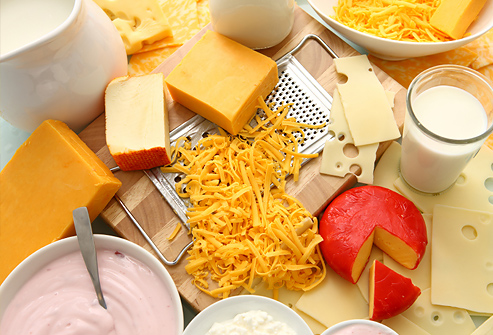
Calcium
The human body needs calcium to build and maintain strong bones and teeth, and that’s just a fraction of what calcium can do. Calcium aids in other important bodily functions such as muscle contraction and helps send messages to your nervous system.
If you lack calcium in your diet, there are a few key symptoms that could indicate so such as muscle pain and spasms, and tingling numbness in your limbs. According to a nutrition professor, women will start losing their bone density once they hit their twenties. Therefore, we should start consuming calcium-rich products such as dairy products like yogurt, broccoli, almonds, sardines and quinoa as often as possible. (Source)
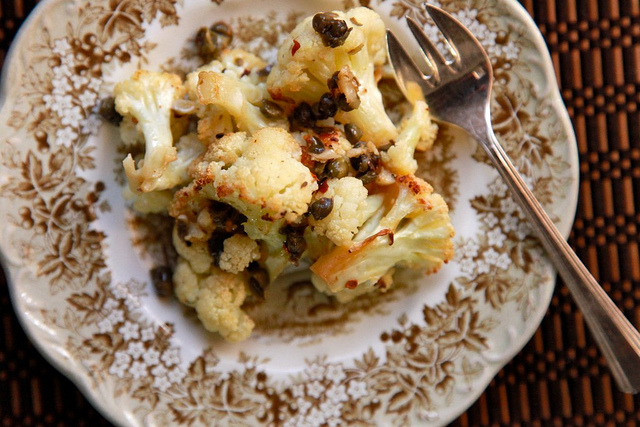
Vitamin A
Vitamin A is an important nutrient that acts as an antioxidant to neutralise free radicals that could potentially harm your cells. Furthermore, Vitamin A ensures that your eyes, skin and immune system are properly developed. As it also contains cartenoids and retinol, it helps keep your eyes healthy and prevent any sight-related diseases. (Source)
Vitamin A can be found in foods we eat on a regular basis like vegetables, tomatoes, fruits, dairy, fish and liver.
Vitamin B-Complex
Vitamin B-complex refers to the essential water-soluble B-vitamins such as vitamin B1, vitamin B2, vitamin B3, etc. The most crucial ones that are important to the female body includes vitamin B6, vitamin B9 and vitamin B12. (Source)
These vitamins are important for metabolism, brain function and the prevention of anemia. Vitamin B9, or folic acid is especially important during pregnancy as the lack of this nutrient can cause poorly-developed nervous system and even cause mental retardation in a child. Vitamin B12, or cyanocobalamin aids in the formation of new cells and the promote good metabolism. Vegans are at risk of lacking in vitamin B12 as it is usually found in dairy products and meat.
Vitamin B-Complex can be found in leafy vegetables, legumes, berries, eggs, meat, bananas, oatmeal and avocados.
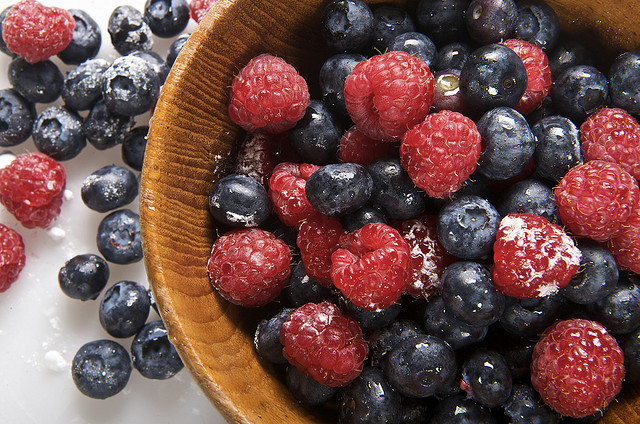
Vitamin C
Vitamin C promotes the normal growth and development of our bodily tissues. Also known as absorbic acid, vitamin C facilitates the healing of wounds and boosts the body’s immune system. A lack in vitamin C can lead to dry skin, bleeding gums, easy bruising and slow healing of wounds. Vitamin C is also known to boost the body’s collagen production, which can help reduce wrinkles and firm the skin.
Vitamin C can be found in almost all fruits and vegetables, but are especially present in citrus fruits and broccoli.
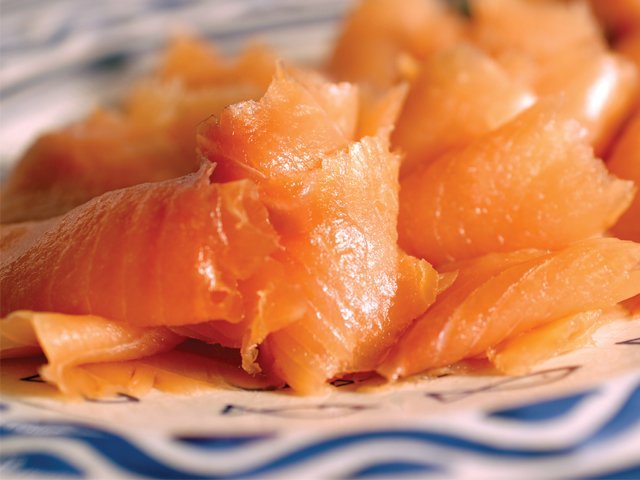
Vitamin D
Vitamin D, also known as cholecalciferol, works together with calcium to regulate bone homeostasis, which is important in the maintenance of strong and healthy bones. A lack of vitamin D can also cause osteoporosis.
Great sources of this vitamin includes oily fish such as salmon and tuna, cheese and egg-yolk. You can also obtain this vitamin naturally by exposing yourself to early-morning sunlight for 10 minutes. (Source)
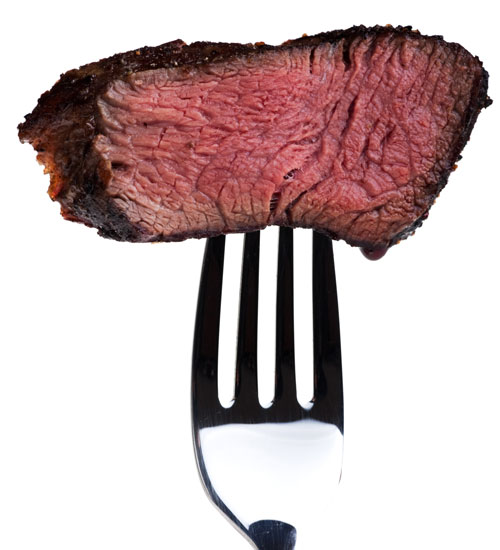
Iron
Iron is an important mineral to carry oxygen in the body and aids in the production of red blood cells. Lacking in iron could result to anemia, where symptoms include fatigue and shortness of breath. It is especially crucial to get the recommended dose of iron during your period as blood loss drains up most of the iron in your body.
Get your natural dose of iron in lean red meat, egg yolk, spinach, prunes, lentils, chickpeas, and liver.
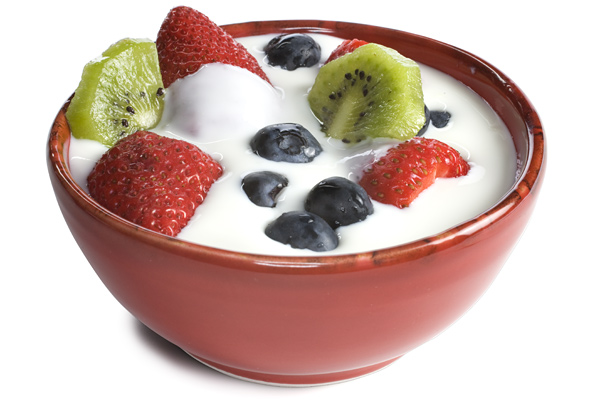
Probiotics
You may have encountered the word ‘probiotics’ when shopping for yogurt in the supermarket. Probiotics refers to live and active ‘good’ bacteria, which is commonly found in yogurt. It’s sole purpose is fight off bad bacteria that cause harmful diseases. Probiotics can help with a number of illnesses, especially diarrhea, urinary tract infections and even to vaginal yeast infection, as is even known to reduce the severity of colds and flu.
You can get your intake of probiotics with yogurt, kefir, miso soup, and unpasteurised sauerkraut or even kimchi!





